What is Locus of Control?
Within psychology, Locus of Control is considered to be an important aspect of personality. The concept was developed originally by Julian Rotter in the 1950s (Rotter, 1966).
Locus of Control refers to an individual’s perception of the underlying main causes of events in his/her life. Or, more simply: Do you believe that your destiny is controlled by yourself or by external forces (such as fate, god, or powerful others)?
The full name Rotter gave the construct was Locus of Control of Reinforcement. In giving it this name, Rotter was bridging behavioral and cognitive psychology. Rotter’s view was that behavior was largely guided by “reinforcements” (rewards and punishments) and that through contingencies such as rewards and punishments, individuals come to hold beliefs about what causes their actions. These beliefs, in turn, guide what kinds of attitudes and behaviors people adopt. This understanding of Locus of Control is consistent, for example, with Philip Zimbardo (a famous psychologist):
A locus of control orientation is a belief about whether the outcomes of our actions are contingent on what we do (internal control orientation) or on events outside our personal control (external control orientation).” (Zimbardo, 1985, p. 275)
Thus, locus of control is conceptualised as referring to a unidimensional continuum, ranging from external to internal:
| External Locus of Control Individual believes that his/her behaviour is guided by fate, luck, or other external circumstances | Internal Locus of Control Individual believes that his/her behaviour is guided by his/her personal decisions and efforts. |
Is an internal locus of control desirable? If so, how can we help others shift their thinking from external to internal locus of control?
Shifting someone’s thinking from an external to an internal locus of control involves helping them recognize and take responsibility for their actions, choices, and outcomes. Here are some strategies to facilitate this shift:
1. Encourage Self-Awareness: Help the person become more aware of their thoughts, feelings, and behaviors. Encourage reflection on how their beliefs and attitudes influence their perception of control.
2. Highlight Personal Agency: Emphasize the individual’s ability to make choices and take actions that influence their outcomes. Encourage them to see themselves as active participants in their own lives.
3. Challenge External Attribution: Help the person identify instances where they attribute their successes or failures to external factors such as luck or circumstances. Encourage them to consider how their own efforts and decisions play a role.
4. Promote Problem-Solving Skills: Teach problem-solving strategies that empower the person to take control of challenging situations. Encourage them to explore different options and consider the consequences of their actions.
5. Provide Positive Feedback: Acknowledge and reinforce the person’s efforts and achievements. Highlight instances where they have successfully taken control and achieved their goals through internal locus of control.
6. Encourage Growth Mindset: Foster a mindset that sees challenges as opportunities for growth and learning. Encourage the person to view setbacks as temporary and to persist in the face of obstacles.
7. Support Autonomy: Respect the person’s autonomy and decision-making process. Offer guidance and support, but allow them to make their own choices and take ownership of their decisions.
By implementing these strategies, you can help someone shift their thinking from an external locus of control to an internal locus of control, empowering them to take charge of their own lives and outcomes.
However, its important to warn people against lapsing in the overly simplistic view notion that internal is good and external is bad (two legs good, four legs bad?). There are important subtleties and complexities to be considered. For example:
Internals can be psychologically unhealthy and unstable. An internal orientation usually needs to be matched by competence, self-efficacy and opportunity so that the person is able to successfully experience the sense of personal control and responsibility. Overly internal people who lack competence, efficacy and opportunity can become neurotic, anxious and depressed. In other words, internals need to have a realistic sense of their circle of influence in order to experience ‘success’.
Externals can lead easy-going, relaxed, happy lives.
Despite these cautions, psychological research has found that people with a more internal locus of control seem to be better off, e.g., they tend to be more achievement oriented and to get better paid jobs. However, thought regarding causality is needed here too. Do environmental circumstances (such as privilege and disadvantage) cause LOC beliefs or do the beliefs cause the situation?
Sometimes Locus of Control is seen as a stable, underlying personality construct, but this may be misleading since the theory and research indicate that that locus of control is largely learned. There is evidence that, at least to some extent, LOC is a response to circumstances. Some psychological and educational interventions have been found to produce shifts towards internal locus of control (e.g., outdoor education programs; Hans, 2000; Hattie, Marsh, Neill & Richards, 1997).
